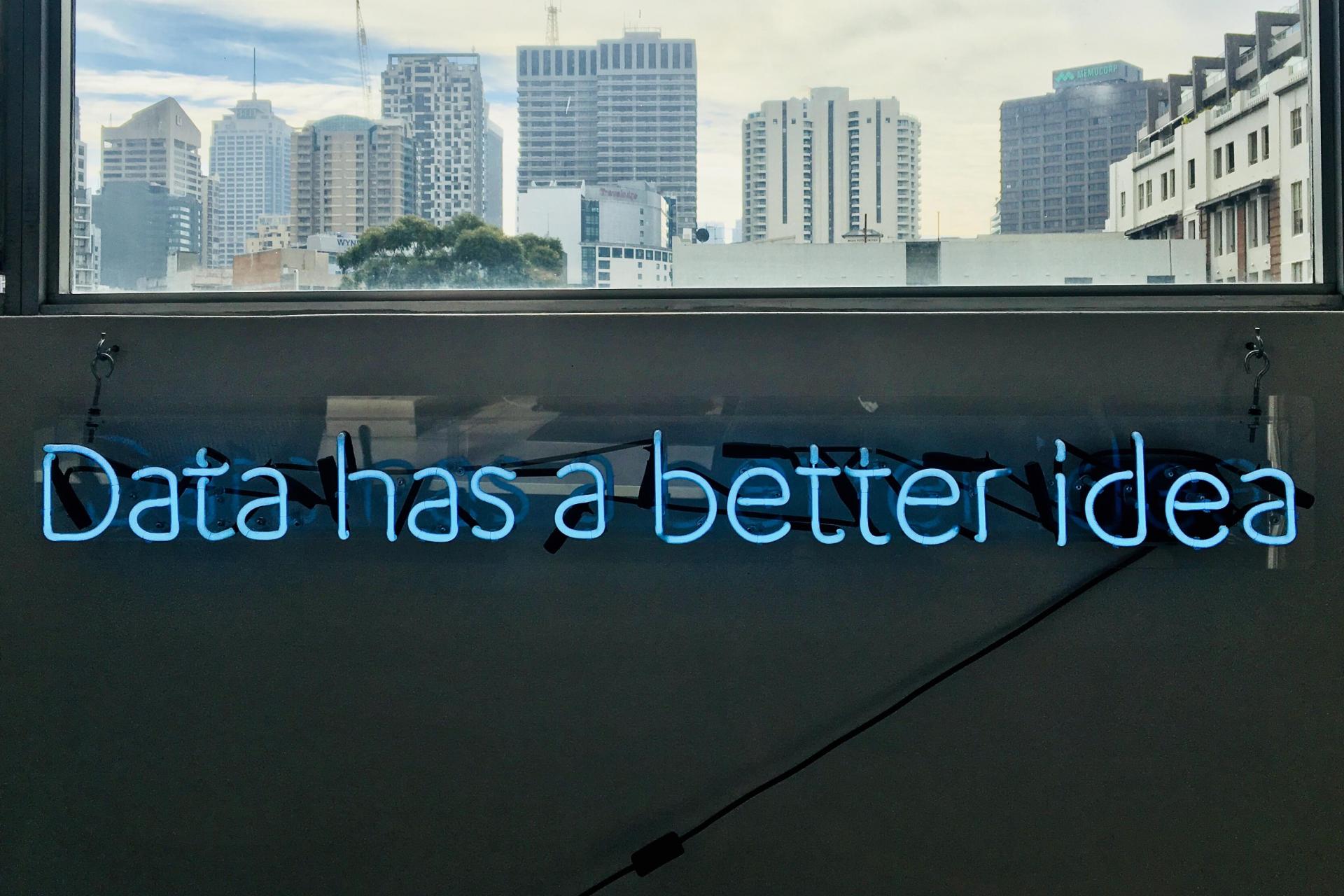Artificial Intelligence and the International Rule of Law
The Artificial Intelligence and the International Rule of Law Workshop Series explored fundamental questions about the relationship between international legal obligations and emerging applications of artificial intelligence (AI) that bear upon key domains of international law: the laws of war, human rights and refugee law.

The challenges of AI are an ever-present subject of debate and discussion, and the public are presented with a constant refrain that AI will change everything. In actuality, current real-world AI development and application is particularly tangible and visible in one domain: the delegation of decisions by public authorities (national and international) to AI systems.
The workshop series explored these processes within three specific domains: AI and battlefield decision-making under the laws of war; AI and the digitalisation of welfare policy; and AI and refugee determination and border control. These three domains of real-world AI application by public powers raise fundamental questions about the rule of international law in the creation, use and responsibility for AI systems to which law-governed decisions have been partially or fully delegated.
Each workshop developed a case study based on an existing technology or in-development platform, and engaged with policy-makers, computer scientists, technologists, industry representatives and individuals working at the cutting-edge of developing and using these systems.
The workshops built an international network of research and collaboration to develop common frameworks of understanding and knowledge exchange on issues related to AI and international rule of law. This allows the Scottish based researchers to leverage their very considerable expertise and capacity across the fields of law, informatics, philosophy, social studies of science and sociology, and contribute to making Scotland a critical node in this international network.
The workshop series was funded by the Carnegie Trust for the Universities of Scotland under its inaugural Carnegie Research Workshops scheme, and was also supported by the University of Edinburgh’s College of Arts, Humanities and Social Sciences Challenge Investment Fund, Edinburgh Law School and the Edinburgh Futures Institute.
Professor Nehal Bhuta
Professor of Public International Law, University of Edinburgh
Connor Hounslow
Research Assistant, University of Edinburgh
Professor Christopher Johnson
Professor of Computing Science, University of Glasgow
Dr Liz McFall
Chancellor’s Fellow, University of Edinburgh
Petra Molnar
Acting Clinic Director, International Human Rights Program, University of Toronto
Dr Mark Sprevak
Senior Lecturer, University of Edinburgh
Dr Rebecca Sutton
Senior Lecturer in International Law, University of Glasgow
Dr Dimitri van den Meerssche
Senior Lecturer in Law, QMUL
Christiaan van Veen
Director, Digital Welfare State and Human Rights Project, NYU Law
The Artificial Intelligence and the International Rule of Law Workshop Series included three multi-disciplinary, problem-oriented research workshops, each one devoted to one of three domains of international law. The workshops took an unorthodox format: workshop leaders developed a case-study based on an actual-existing technology or in- development platform and had these technologies introduced and demonstrated by individuals involved in designing or using them.
AI and Digital Welfare
15 - 16 March 2021
Led by Victoria Adelman and Christiaan van Veen
Processes of digitalisation in health and welfare policy raise issues of pressing public concern about how the application of artificial intelligence and machine-based learning are to be governed. The workshop focussed discussion around substantive issues that emerged in two separate UK cases Universal Credit and the NHS/Google DeepMind collaboration. These cases reveal both specific challenges associated with their introduction in the context of austerity driven public spending cuts and broader challenges in the regulation of non-human decision making. The workshop focussed on teasing out the lessons to be learnt for more effective future oversight.
AI and Refugee Determination and Border Control
14 - 15 June 2021
Led by Petra Molnar and Dr Dimitri van den Meersche
At this moment, a large-scale, EU-funded project is being developed with the aim of bringing ‘state of the art technologies’ to refugee and migration management. The scenario where humans are removed from the decision-making process of refugee status determination altogether – or at least side-lined from some crucial aspects of this process – is becoming increasingly realistic. The lines between machine and human decision-making processes are increasingly becoming blurred. To the extent that humans will remain in the picture as part of the decision-making process, it is essential to understand the way in which they will interact with their machine counterparts. This workshop explored how AI decision-making architecture interacts with international legal rules and norms on refugee protection and refugee status determination.
AI on the Battlefield
13 - 14 December 2021
Led by Prof Nehal Bhuta and the Defence Science and Technology Laboratory (Dstl)
This workshop was designed in collaboration with current and former military personnel who have experience in interacting with intelligent systems in the battlespace, and also with policy specialists. The focus was on understanding the expected role of AI in “reconnaissance, acquisition, strike” cycles and how legal norms and human decision makers can and should play a role in the cycle.

